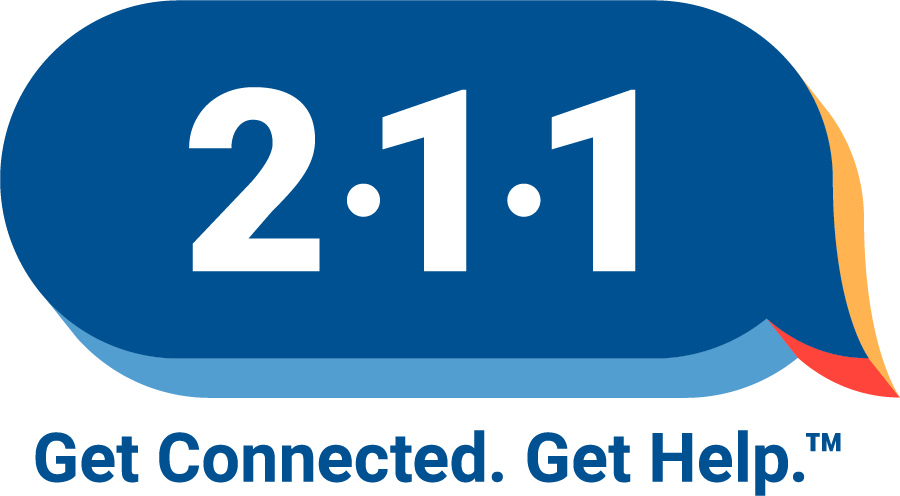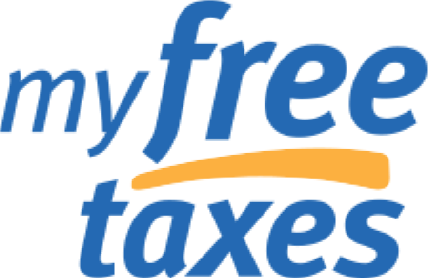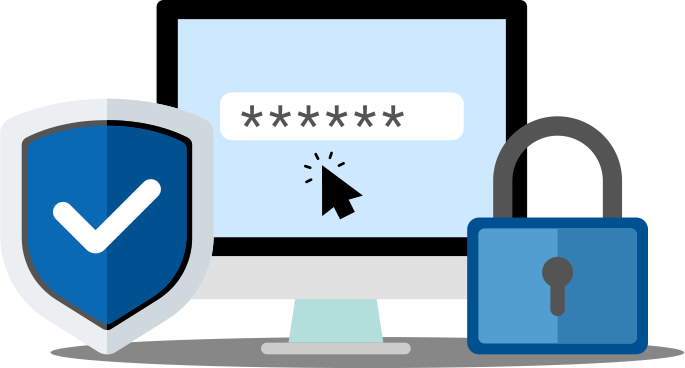$8 Million Less for Free Tax Prep, Education, & Outreach: What It Means

Read time: 8 minutes
The 2024-2025 California budget includes $12 million for free tax prep and tax credit education and outreach—$8 million less than what was allocated annually for each of the past two years.
The good news: Free tax prep and tax education and outreach are effective. The $10 million in ongoing funding that is continuing plus the additional $2 million added for 2024-2025 will save Californians with low or moderate incomes $18 million they would normally have to spend on tax preparation, and it will help put billions of dollars in California families’ pockets through state and federal tax credits. It will provide a way for people in California to apply for an ITIN (Individual Taxpayer Identification Number) for free, saving community members about $500 per application. It will result in many Californians learning about the benefit of filing their taxes and about life-changing tax credits. These tax credits will also result in billions of additional dollars invested in local economies across California. And through United Ways of California’s MyFreeTaxes.org website, Californians of all incomes will continue to have access to a free online tax filing system.
The challenge: Many Californians who are eligible for free tax prep are still leaving money on the table by paying tax preparers, not filing taxes because their income doesn’t require it, or missing out on tax credits they’re eligible for. This is all money that could be in their pockets. Plus, there are many Californians who face barriers to filing their taxes online—such as people with disabilities or language barriers, people with more complex returns, people applying for or renewing an ITIN, people without high-quality broadband access, and more—who need in-person free tax preparation support that an online system can’t replace.
We need to restore the state’s previous $20 million funding level as an ongoing, annual commitment so we can support Calfornians who need it most, including the thousands of households that state and federal tax credits are designed to support. Here’s why reduced funding is such a big challenge—and how it hinders larger gains for both the state and its residents.
Not Being Able to Support as Many People Who Need It, Especially the Most Vulnerable and Historically Underserved
California United Ways provide free tax prep, education, and outreach across California, and state funding helps support activities like:
- Capacity building to support more efficient VITA (Volunteer Income Tax Assistance) operations to ensure those sites can use their funding and attention to directly help taxpayers
- Maintaining MyFreeTaxes.org, which connects people to our three filing options and includes resources like a tax credit calculator, guides, and checklists for filers
- Working with trusted messengers for deep, long-time engagement with communities that can be hard to reach but would benefit greatly from VITA, such as potential and current ITIN filers
- Text message outreach to potential filers to ensure they know how and where they can file their taxes for free—as well as other resources and supports they may be eligible for
- Costs associated with operating a free tax prep site, including an immense amount of staff time needed to recruit, train, and manage volunteers as well as manage programming as a whole
- Providing free ITIN application services, saving ITIN filers
Over just the past year, our local United Ways and their community partners supported people with low and moderate incomes in filing more than 30,000 tax returns. A smaller budget for free tax preparation services means offering fewer of the in-person VITA sites many Californians have come to rely on. It may mean cutting supplementary services, like VITA buses that take free tax prep directly to rural communities. Our online tools through MyFreeTaxes.org, such as the “virtual with help” filing option, help support filers while reducing overhead costs of in-person services, but virtual options are not feasible for everyone, so we still need in-person services.
In 2023, our local United Ways across California also processed 187% more ITIN (Individual Taxpayer Identification Number) applications than the previous year. Increases are the result of our subgrantees’ significant outreach work to those eligible for ITINs—people who are paying taxes through their paycheck but often not receiving refunds and tax credits they are or should be entitled to—outreach that was made possible by the additional state funding. Since ITIN holders only became eligible for California tax credits in 2020 and are still not eligible for federal tax credits, many ITIN holders—and even paid tax preparers—don’t know these credits can apply; though we’ve made significant progress in helping get the word out, there are many more eligible taxpayers to reach with this message, and cutting funding for this outreach is a troublesome step for communities that are already often struggling.
This year, all of that impact will likely get cut by 40% or more, as community-based organizations have to make difficult decisions on where to invest their reduced outreach dollars. Plus, the people who often need these benefits the most are the ones who are most likely to miss out on it, as they are the hardest and most expensive communities to reach and serve.
Families Missing out on Ways to Escape Poverty and Invest in their Communities
One in three households in California don’t earn enough to meet their local costs of a decent standard of living, according to our Real Cost Measure study. Tax credits are one of the most effective tools we have to combat poverty and help families afford basic necessities.
Cindy is a single mom of three living in Northern California. Despite working full time as a medical receptionist, she found herself and her daughters living in a shelter. During the pandemic, Cindy was connected to a United Way free tax prep site and received a refund of over $14,000. The experience completely changed Cindy’s trajectory. She was able to pay off medical debt and get her family into stable housing. But it didn’t stop there. Once she walked through the doors of her local United Way, Cindy was connected to an entire network of support that was able to help her along the way.
Cindy’s story is not particularly unique. In fact, her story is a familiar one for many Californians.
Most of our free tax prep clients are using their tax refunds for necessities: 29% are paying bills, 20% are paying debt and back taxes, and 16% are buying household items. Plus, 13% are saving that money for future needs.
The decrease in child poverty rates due to the temporarily expanded federal Child Tax Credit during the pandemic—and conversely the negative results of its expiration—also show the direct, critical benefit tax credits provide for California’s families.
We also know that, for every dollar invested in tax credits for families with low incomes, $1.50 to $2 is spent back in the local economy. According to the Franchise Tax Board, in 2023, Californians claimed $1.3 billion in California Earned Income Tax Credits and Young Child Tax Credits, which means $2.6 billion went back to their local economies from just these two state credits alone. When you consider that far more money is available in federal tax credits—federal dollars that then would get re-invested in California—the impact of tax credits is even more dramatic. While the state is facing a deficit and a tight budget year, it’s a shame that we can’t afford to spend $8 million in order to draw down many times that amount in federal funds for Californians.
Leaving Much-Needed Money on the Table
A smaller budget for education and outreach means many Californians with low incomes may not know about the benefits of filing their taxes, and instead leave millions of dollars in state and federal funding on the table. How does this happen?
Cody Van Felden, a mother and recent college graduate in Sacramento, didn’t file a tax return for many years when she started working. “I wasn’t making enough money for it to be required,” she shared, “and I didn’t know there was a benefit. Then a United Ways of California tax partner told me that I could file for free through resources like VITA and MyFreeTaxes.org and claim state and federal tax credits I was eligible for, likely resulting in a refund. That extra money back when I was working, going to school, and trying to provide for my daughter made a huge difference. Tax credits changed my life and allowed me to make big financial moves that helped secure my family.”
Plus, when eligible filers pay to have their taxes done, the paid preparers don’t always find all the credits the filers are entitled to. Ivonne Sonato-Vega, a mother of five in a two-income household in Santa Rosa, was paying a tax preparer hundreds of dollars a year until she came to VITA and learned that the paid preparer had missed key tax credits. “United Way’s VITA volunteers helped me submit an amendment so I could get a bigger refund for that previous year,” Ivonne shared. “That extra money really helped me, especially because we were living paycheck to paycheck. We were able to put aside some of that money to save for the future.”
Like Cindy, Ivonne’s and Cody’s experiences are common. In fact, a California Policy Lab study of CalFresh enrollees found that 92% of eligible people who filed taxes, claimed the federal EITC, but did not claim the CalEITC used an in-person, paid tax preparer, and “those that use paid in-person tax preparation services are at highest risk of not receiving the credit.” That means that filers are not only paying tax preparers for a service they’re eligible to get for free, but they’re also missing out on critical cash payments they’re entitled to. People with very low incomes and people of color—the most vulnerable and historically underserved Californians—are also more likely to have not received these benefits they’re eligible for, perpetuating financial gaps.
We Need to Restore Higher Levels of Funding
We are grateful for two years of significantly increased funding as well as the additional $2 million our state legislators allocated for the upcoming year, but there are so many more Californians who are entitled to free tax preparation as well as state and federal tax credits and will be impacted by low funding levels. We need to restore the $20 million statewide funding level for free tax preparation and tax credit education and outreach.
We know firsthand the impact that free tax filing has in communities. It is more than just a free service; it’s giving community members the chance to live with dignity and putting cash back in people’s pockets so they can put it towards their family’s future.
Urge your elected officials to support increased funding for free tax preparation and tax credit education and outreach in the 2024-2025 budget.



